Will large protected areas save the oceans or politicize them?
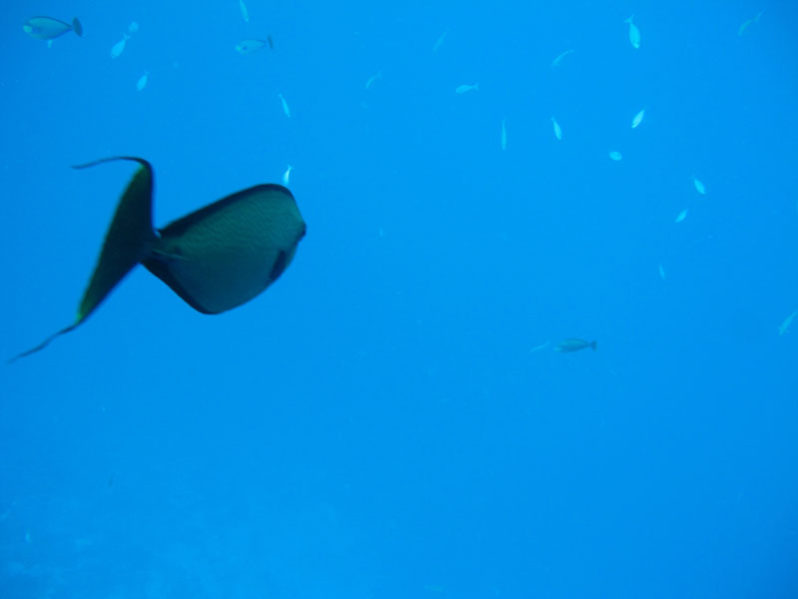
How can we save the oceans? They cover two-thirds of the planet, but none are safe from fishing fleets, minerals prospectors, or the insidious influences of global warming and ocean acidification. In the past decade, there has been a push to create giant new Marine Protected Areas (MPAs). They now cover nearly 9.7 million square miles.
Dead whale found with 40 kilograms of plastic bags in its stomach
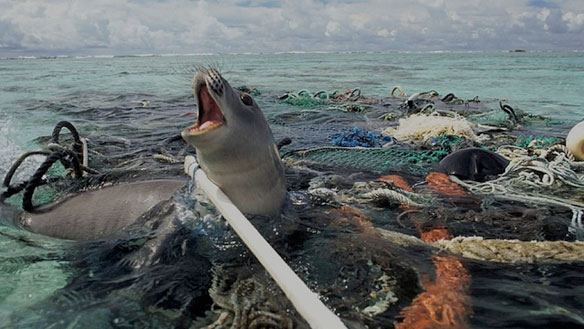
A young whale whose carcass washed up in the Philippines died of “dehydration and starvation” after consuming 40 kilograms (88 pounds) of plastic bags, scientists have found.
Fatal horizon, driven by acidification, closes in on marine organisms in Southern Ocean
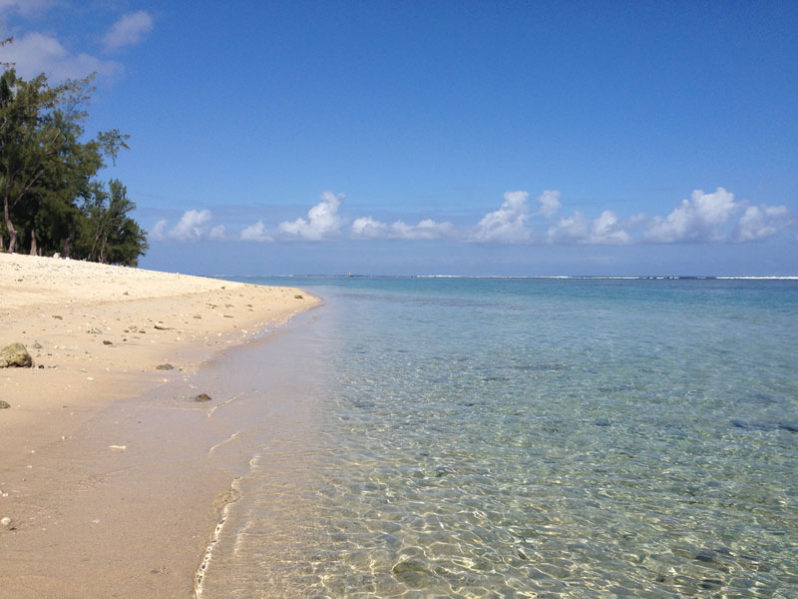
Marine microorganisms in the Southern Ocean may find themselves in a deadly vise grip by century’s end as ocean acidification creates a shallower horizon for life. The steep drop, which could happen suddenly over a period as short as one year in localized areas, could impact marine food webs significantly and lead to cascading changes across ocean ecosystems.
Violent battle playing out to save the last 22 vaquitas, the world’s most endangered porpoise
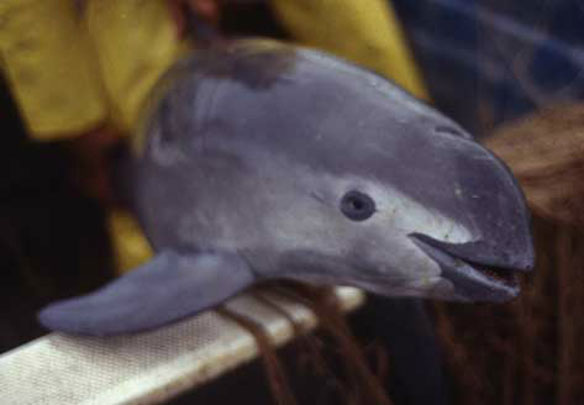
Experts said that at most only 22 vaquitas remain in the Gulf of California, where a grim, increasingly violent battle is playing out between emboldened fishermen and the last line of defense for the smallest and most endangered porpoise in the world.
Huge sunfish washes up in northern waters for first time in 130 years
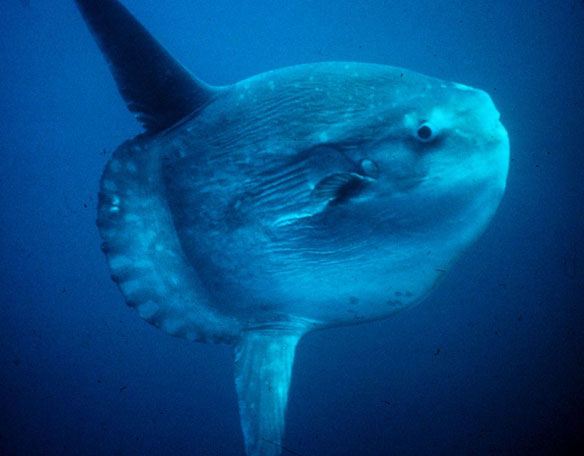
A giant sunfish has washed up on a beach in Santa Barbara, California, the first time this particular species of the animal has been sighted in the northern hemisphere in 130 years.
The Real Price of a Chocolate Bar: West Africa’s Rainforests
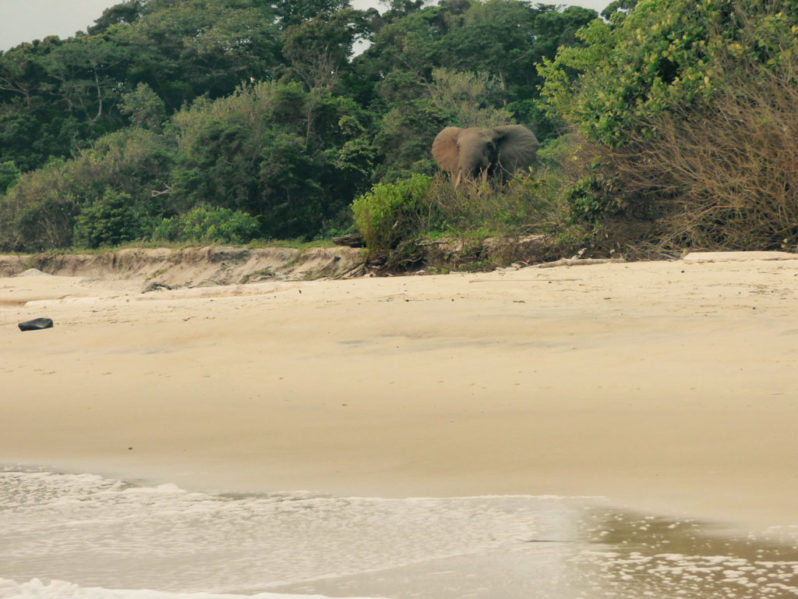
Ivory Coast has lost more than 80 percent of its forests in the last 50 years, mainly to cocoa production. The government has a plan to turn over management of former forest to international chocolate manufacturers: Is it a conservation strategy or a land grab?.
Ecosystem changes following loss of great white sharks
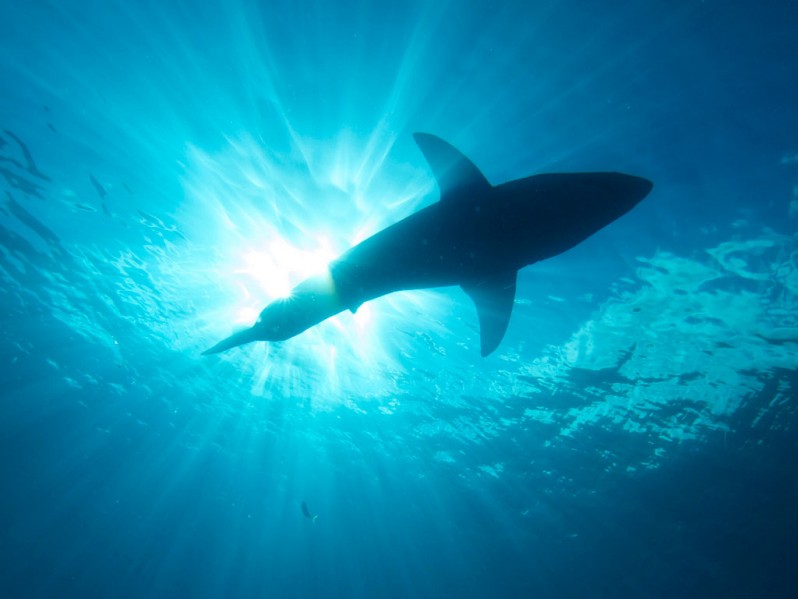
A new study has documented unexpected consequences following the decline of great white sharks from an area off South Africa. The study found that the disappearance of great whites has led to the emergence of sevengill sharks, a top predator from a different habitat.
Q&A: The Nature of Value vs the Value of Nature
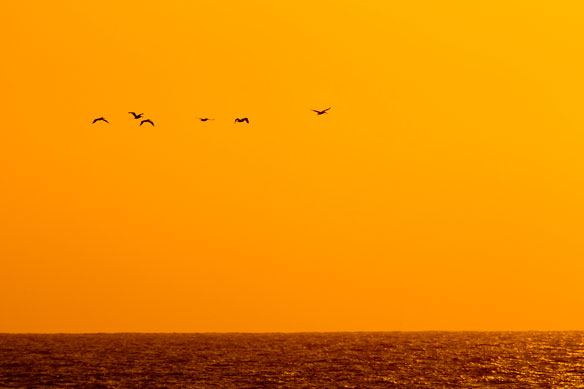
Humans have long had a varied and complicated relationship with nature—from its aesthetic value to its economic value to its protective value. What if you could measure and analyse these values? One group is trying to do just that.
Study reveals island formation a key driver of penguin speciation
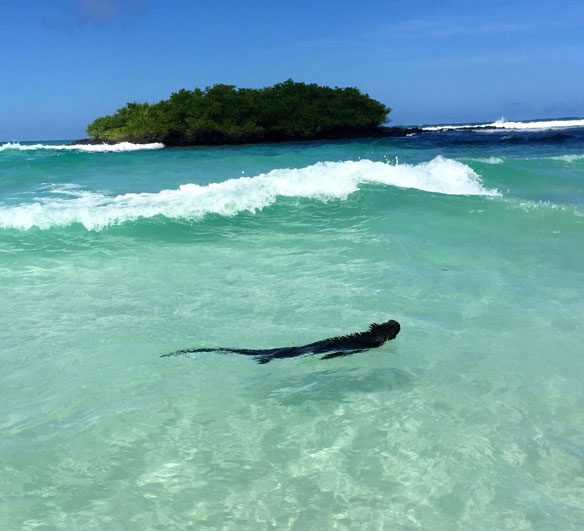
Ever since Darwin first set foot on the Galapagos, evolutionary biologists have long known that the geographic isolation of archipelagos has helped spur the formation of new species. Now, an international research team has found the first compelling evidence that modern penguin diversity is driven by islands, despite spending the majority of their lives at sea.
